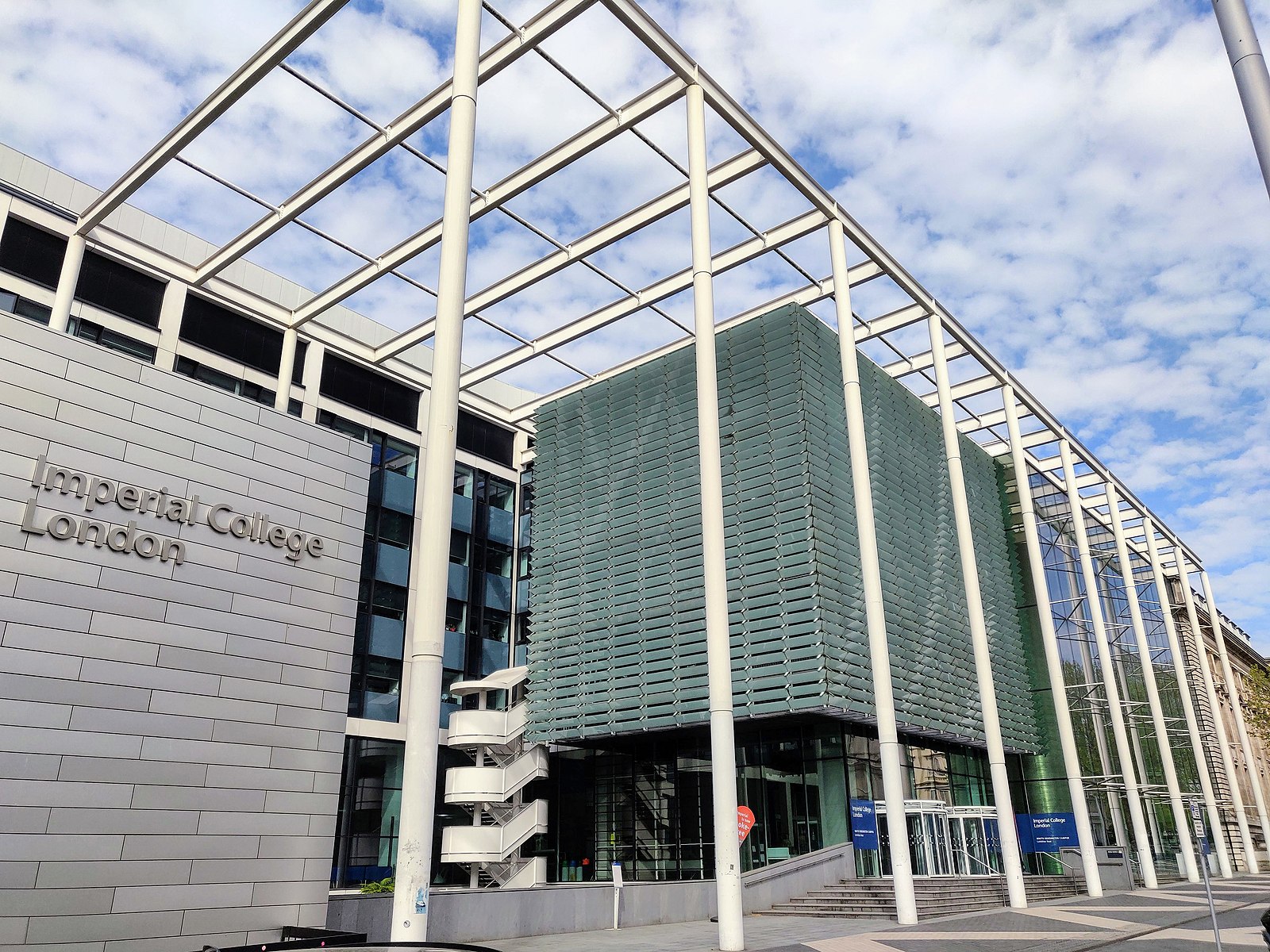Imperialism’s long shadow: the UK universities grappling with a colonial past
By Philip Ball,
Nature
| 10. 19. 2022
Nature has published a special issue on racism and science, which includes this article.
In February, the nineteenth-century naturalist Thomas Henry Huxley, escaped — in the eyes of some — from ‘cancellation’ at one of London’s most prestigious academic institutions. Huxley, a prominent advocate of Darwin’s theory of natural selection, promoted the racist view that Black people had inferior capabilities compared with white people. A report prepared in November 2021 by a team of faculty members and internal and external advisers at Imperial College London had recommended stripping Huxley’s name from the mathematics and computing department building, and removing his bust from the entrance hall (see go.nature.com/3smu1xf).
But after extensive consultation, the Imperial administrators decided not to accept the recommendation, and are instead now discussing other options: contextualizing Huxley’s status and views, and adding the name of a scientist associated with the college who is from an under-represented ethnic group to the Huxley Building. The decision was largely an attempt to balance the report’s recommendations with the views expressed by the university community in the consultations that followed...
Related Articles
By Diaa Hadid and Shweta Desai, NPR | 01.29.2026
MUMBRA, India — The afternoon sun shines on the woman in a commuter-town café, highlighting her almond-shaped eyes and pale skin, a look often sought after by couples who need an egg to have a baby.
"I have good eggs,"...
By Shobita Parthasarathya, Science | 01.22.2026
These are extraordinarily challenging times for university researchers across the United States. After decades of government largess based on the idea that a large and well-financed research ecosystem will produce social and economic progress, there have been huge cuts in...
Group of Tuskegee Experiment test subjects
Public Domain via Wikimedia Commons
Every generation needs to learn about what is commonly known as the Tuskegee syphilis study, which ran from 1932 to 1972. (Officially, it was the U.S. Public Health Service Syphilis Study at Tuskegee, Alabama, which gets the emphasis right.) For many people, the history is hard to believe, though it is hardly unique. Of the 600 subjects, all Black men, 399 had syphilis, for which...
By Evelina Johansson Wilén, Jacobin | 01.18.2026
In her book The Argonauts, Maggie Nelson describes pregnancy as an experience marked by a peculiar duality. On the one hand, it is deeply transformative, bodily alien, sometimes almost incomprehensible to the person undergoing it. On the other hand...




